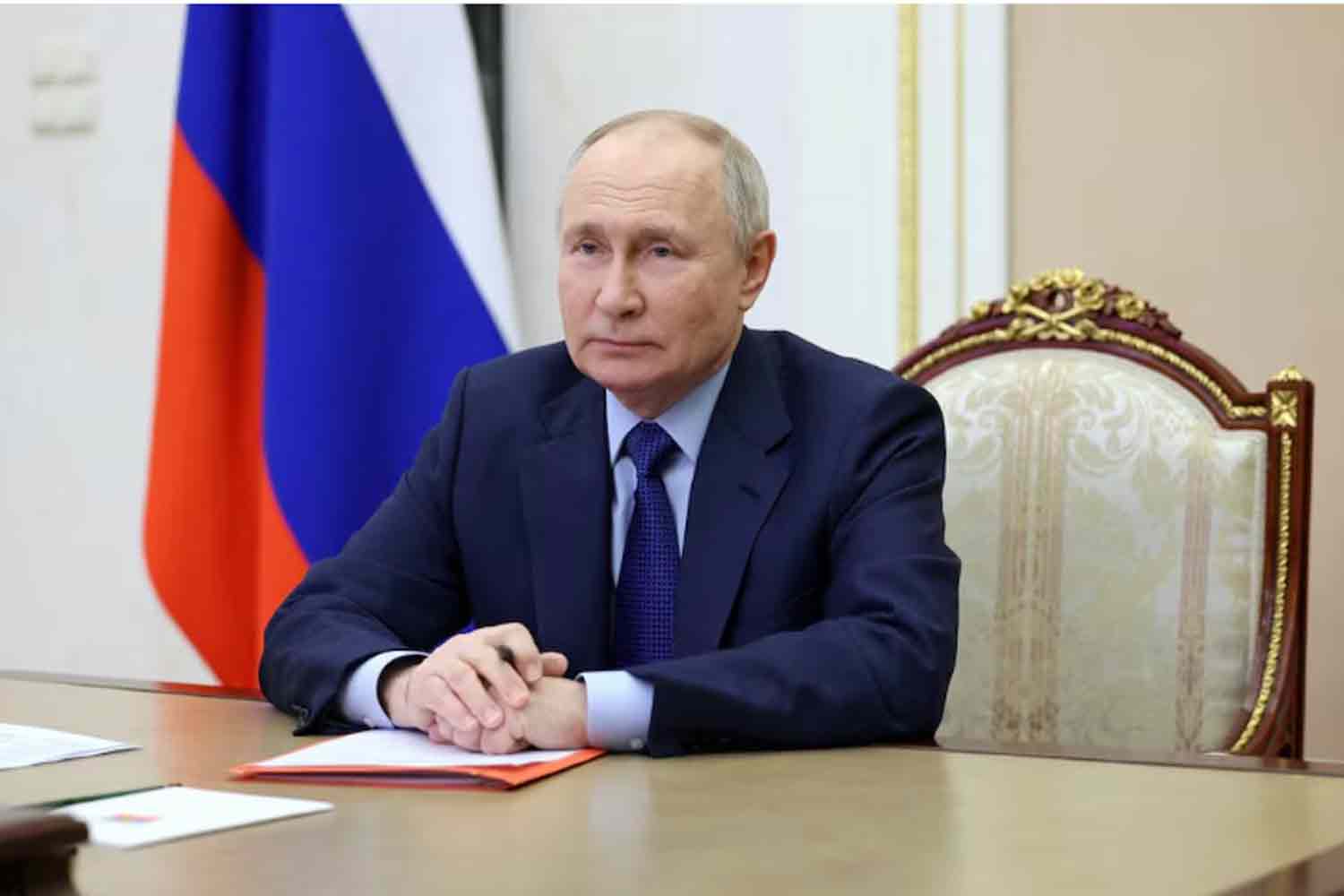The International Criminal Court (ICC) has drawn the ire of Israel following its contentious decision to issue arrest warrants for Prime Minister Binyamin Netanyahu and former defense minister Yoav Gallant. This action pertains to alleged crimes committed during the Israeli military operations in the Gaza Strip, which were a response to the deadly Hamas attacks on October 7, 2023.
In its statement, the ICC indicated there were “reasonable grounds to believe” that both Netanyahu and Gallant had engaged in war crimes and crimes against humanity, particularly by “employing starvation as a method of warfare” and “deliberately” targeting civilians. Additionally, Hamas military chief Mohammad Deif faces accusations of crimes against humanity, including murder, torture, and rape.
Netanyahu swiftly dismissed the ICC’s ruling against him and Gallant, labeling it as “anti-Semitic.”
He stated that Israel “rejects with disgust the absurd and false actions and accusations made against it,” asserting that the ICC judges are motivated by “anti-Semitic hatred of Israel.” He further characterized the decision as a “modern-day Dreyfus trial,” referencing the notorious 1894 case of French Jewish army captain Alfred Dreyfus, who was wrongfully convicted of treason and has since become a symbol of anti-Semitic injustice.
Both Israel and the United States are not signatories to the Rome Statute that established the ICC and do not acknowledge the court’s authority. However, the movements of Netanyahu and Gallant are now effectively constrained, as each of the court’s 124 member states is theoretically obligated to arrest them should they enter member territory.
The ICC lacks a dedicated police force to enforce its warrants, relying instead on the cooperation of its member states to uphold its rulings. EU’s chief diplomat, Josep Borrell, emphasized that the arrest warrants must be honored and executed, noting that all 27 EU nations are members of the ICC.
Currently, France, Italy, Ireland, Belgium, and the Netherlands have expressed their intention to comply with the ICC’s ruling and would proceed with the arrest of the individuals should they enter their territories. Italy’s Defence Minister, Guido Crosetto, remarked that while he believes it is “incorrect” to compare Netanyahu and Gallant to Hamas, “we would have to arrest them” if they were to set foot in Italy.
International law experts view the issuance of these warrants as a significant development for the ICC. Johann Soufi, an international lawyer and former head of the legal department of the UN Agency for Palestinian Refugees in Gaza (2020-2023), described these decisions as a “historic moment” for the court.
The significance of the ICC’s recent actions cannot be overstated
Johann Soufi emphasizes that the issuance of these warrants by the ICC addresses the aspirations of victims and those who advocate for international justice. While the decision may not be unexpected, it aligns with the legal assessments of numerous international law experts, who characterize both the Israeli military actions in the Gaza Strip and the West Bank, as well as the Hamas assault on October 7, as breaches of international humanitarian law and offenses under the ICC statute. ICC Prosecutor Karim Khan had previously reached this conclusion when he requested the court’s judges to issue these arrest warrants six months prior.
These allegations underscore the severity of the crimes occurring in Gaza, which are being documented daily by local residents, humanitarian organizations, and experts tasked with evaluating such violations. An increasing number of specialists are advancing their legal interpretations, with some labeling specific actions as genocide—most notably Francesca Albanese, the special rapporteur on human rights in the occupied Palestinian territories, along with the UN Special Committee responsible for investigating Israeli actions in these territories.
Is this a pivotal decision?
Johann Soufi responded affirmatively, stating that this represents a significant moment for the ICC, one that will ultimately enhance its credibility. Since its inception, the court has frequently faced accusations of being a political tool, unable to confront those in power. It is important to recognize that for nearly two decades, the individuals prosecuted were predominantly African officials, most of whom held mid-level positions.
A crucial turning point occurred in 2023 when the ICC issued an arrest warrant for Russian officials, including President Vladimir Putin, for crimes committed in Ukraine. This marked the first instance in which the court has charged a leader of a major power, particularly one with nuclear capabilities. Nevertheless, criticisms persist, including claims that the court serves Western interests and fails to investigate crimes committed by Western allies, such as those in Afghanistan or Palestine.
These criticisms have intensified in recent months, particularly regarding the court’s perceived inaction concerning alleged crimes in Gaza. Many, especially in the Global South, including countries like Mexico, Chile, and South Africa, had anticipated these prosecutions.
This decision is also historic as it underscores that all individuals—regardless of their power or proximity to Western interests—must be held accountable for actions that violate our shared moral standards. It affirms the principle that all individuals are equal under international law and within international jurisdictions, whether they are the perpetrators or the victims of crimes.
Netanyahu responded strongly to the arrest warrant, labeling the court as “anti-Semitic.” Are the magistrates of the ICC influenced by politics?
Johann Soufi stated that this is not the case. It is a common and often systematic response for individuals facing prosecution for international crimes to criticize and undermine the authority of the jurisdiction involved. Netanyahu’s criticisms of the court, along with his broader attacks on any international body that condemns the actions occurring in Gaza, align with this pattern.
Over the years, the ICC has proven its ability to maintain independence and impartiality. This very independence and impartiality are what the parties to the Rome Statute, as well as victims and the international community at large, expect from the court.
Is it plausible to envision a scenario where Netanyahu or Gallant might face the ICC, given that Israel has not ratified the Rome Statute? Could a member state genuinely take the initiative to apprehend them?
In response to this question, Johann Soufi states that this is a speculation about the future. His professional experience indicates that the circumstances of one day may not reflect those of another. Currently, and this also applies to Vladimir Putin, the likelihood of these two Israeli officials being arrested appears minimal. Nevertheless, it is clear that Binyamin Netanyahu’s situation has significantly changed. There are now 124 member states that have a legal obligation to detain him if he enters their territory.
Countries like France and the Netherlands have already expressed their readiness to fully cooperate with the court and to execute these arrest warrants should the situation arise. I remain optimistic that other nations will adopt a similar stance, adhering to their international obligations. Signing the Rome Statute entails a commitment to uphold it; this principle is fundamental to international law.
Is the credibility of international law in jeopardy?
Johann Soufi asserts that it is indeed at risk, as the foundation of international law relies heavily on the commitment of states to uphold and enforce it. This is an ongoing struggle, where each challenge diminishes its authority.
For instance, consider Mongolia’s failure to fulfill its obligation to detain him during Putin’s visit last September. This lapse has certainly undermined the International Criminal Court (ICC).
Moreover, the integrity of the states themselves is also in question. When a state disregards international law, which it has pledged to honor, it inevitably diminishes its political standing and exacerbates global instability. The core issue is whether we aspire to create a world governed by law or one dominated by power.
Discover more from Defence Talks | Defense News Hub, Military Updates, Security Insights
Subscribe to get the latest posts sent to your email.





